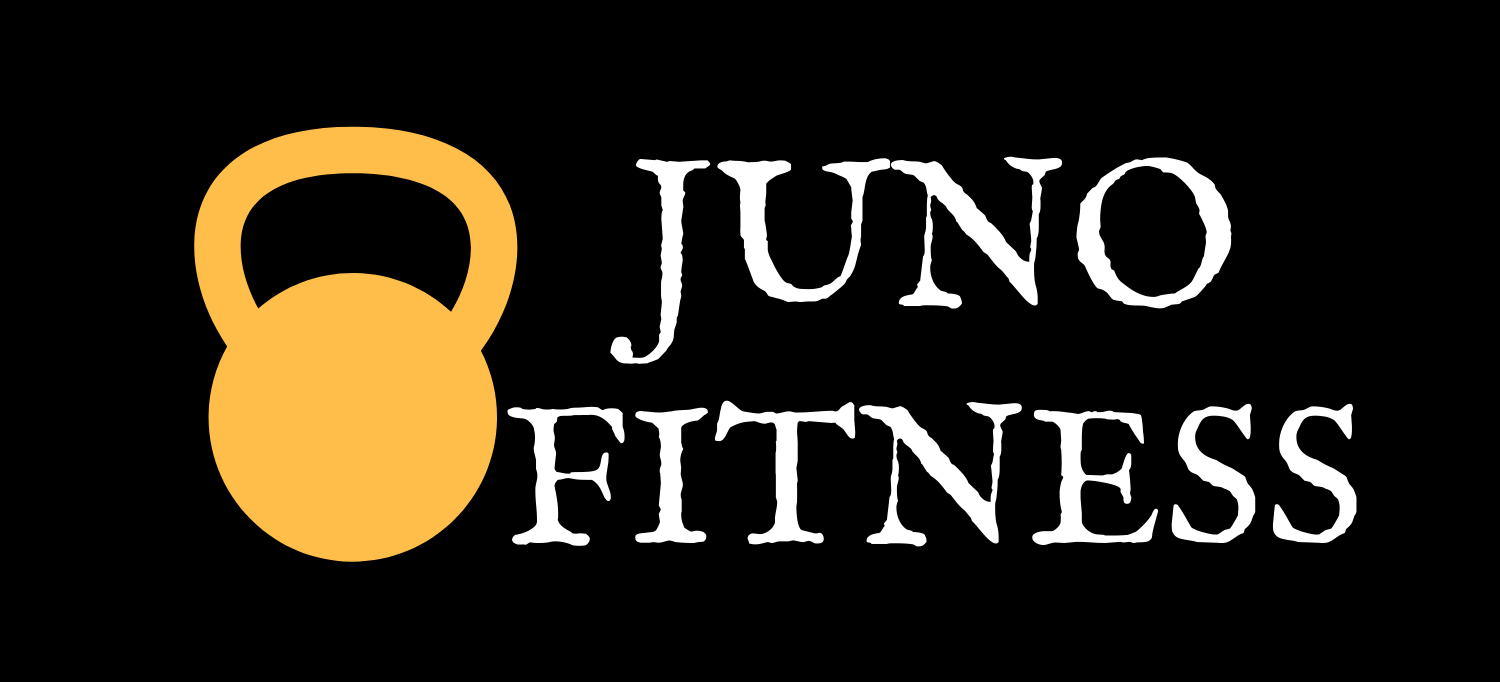If you already love a big old cardio sesh (you oddball), then this might not be what you’re expecting.
Know that doing something steadily and slowly for a long time makes, you good at doing something steadily and slowly for a long time.
Which is an ok aim. But probably it won’t get you the body you were born to have.
Human bodies have the capacity for strength, power, a big appetite and high metabolic rate, to spend a lot of time using excess fat AFTER a training session ends and enjoy a strong, injury-proof, athletic, muscular and well-shaped physique that YOU are in control of.
A few more fun benefits: stronger heart and lungs (you’re basically resistance training your breathing system with a heavy load), mental clarity, an optimal hormonal environment and the body shape that you wanted when you started on your “I should do some exercise” journey.
Obviously, this is me, so I’m still going to tell you that you need to learn to lift heavy enough weights; that’s non-negotiable if you want to be totally in control of your body, its health and shape, but sprint training will give you the cardiovascular super-boost that will completely transform your training experience and results as a whole.
Want some elaboration?
1)You’ll lose fat at an impressive rate:
Research has shown that sprint training creates significant fat loss in a short amount of time. In a 1994 study, participants did either 20 weeks of steady cardio training or 15 weeks of 15 sprints of 30 seconds; the sprint group lost 9 times more body fat.
A 2010 study found that just 6 sprint sessions made up of 6x 30 second all-out sprints with 4 minutes rest between them led to a 3cm waist reduction over just 2 weeks. They didn’t lose weight on the scale, because their bodies increased in muscle mass BUT their body started using fat for fuel, an effect which would continue and increase for as long as they continued including sprint training in their lives.
2)You’ll build muscle:
Women who sprint train will increase their growth hormone levels. To you and me, this means they will burn fat and build muscle. That’s the “toned” thing, that all the magazines and daily fail articles harp on about, lest we become scared of our own body’s ability to be strong.
Men experience the same outcome; increased testosterone and decreased cortisol, creating the environment for fat loss and muscle growth.
3)“But what if I want to improve my endurance?”
Well matey, there’s a sprint for that.
Studies have shown that sprint training is better than steady state endurance for improving max oxygen uptake and time it takes to fatigue. All the things that you thought took hours of time.
Sprints need your body to use energy much more efficiently; they increase the glycogen amount stored in muscles by up to 20%
Spints basically train the body to start burning fat for fuel, keeping hold of muscle glycogen and make you able to go faster, for longer (if you want!)
If you’re an athlete (and aren’t we all?) sprints make your body better able to remove waste products during exercise, which means you won’t feel that “my legs are about to explode” feeling quite as intensely.
4)Your heart will be healthier:
We’ve heard that a lot though – margarine and cereal marketeers have cashed in on that idea for years.
What does this mean though?
Lower resting heart rate
Stronger artery structure
Lower blood pressure
Surprising maybe, but elderly people benefit much more from interval training, because it promotes fast-twitch muscles (fewer falls and fractures ftw). We might say that aerobic activity should come as a second priority, given that it promotes less muscle and ability to move quickly.
5)Sprints cause the internal bodily conditions to normalise blood sugar and insulin balance.
They decrease inflammation and by creating a fat burning environment, help to solve the problem that led to blood sugar imbalances in the first place.
6)It makes you happier and cleverer:
Stick with me here…
Sprint training decreases inflammation, increases oxygen uptake, engages neural pathways to learn new skills, normalises and optimises your hormone balance, makes your body feel mobile, fast, strong & capable, gives you energy, empowers you to take control of how healthy, lean & strong your body is – who isn’t happy about this please?
It is TIME EFFICIENT:
That’s self-evident, surely?
You don’t need and won’t be able to keep up the effort necessary for sprint training for longer than about 20 minutes. You do need to train HARD though. Sprints are extremely tough. They hurt. They’ll make you want to stop. If you’ve given birth, they’re that bit right at the end when you tell the room that you can’t EFFING DO this anymore now take me home (ahem) BUT, they last for seconds at a time and recovery is vital before you do the next set.
You push through this physical discomfort and pain, overcoming your brain telling you to stop (because it will, long before your body actually needs to stop, brains can be way too wimpy), and all of the above points will be yours for the taking; a resilient, longer-lasting, lean, athletic, strong, muscular, fat burning body and an iron-clad mental toughness that carries over into every day encounters.
You’ll be ready for anything. Physically and mentally.
Sources:
Impact of exercise intensity on body fatness and skeletal muscle metabolism
https://www.sciencedirect.com/science/article/abs/pii/0026049594902593
The Effect of High-Intensity Intermittent Exercise on Body Composition of Overweight Young Males
https://www.researchgate.net/publication/227712803_The_Effect_of_High-Intensity_Intermittent_Exercise_on_Body_Composition_of_Overweight_Young_Males
Salivary steroid hormone response in trained men to running and circuit training sessions
https://bjsm.bmj.com/content/45/15/A6.2
Hormonal and inflammatory responses to different types of sprint interval training
https://pubmed.ncbi.nlm.nih.gov/21785293/
Run sprint interval training improves aerobic performance but not maximal cardiac output
https://pubmed.ncbi.nlm.nih.gov/20473222/
Resistance training, visceral obesity and inflammatory response: a review of the evidence
https://pubmed.ncbi.nlm.nih.gov/22385646/



